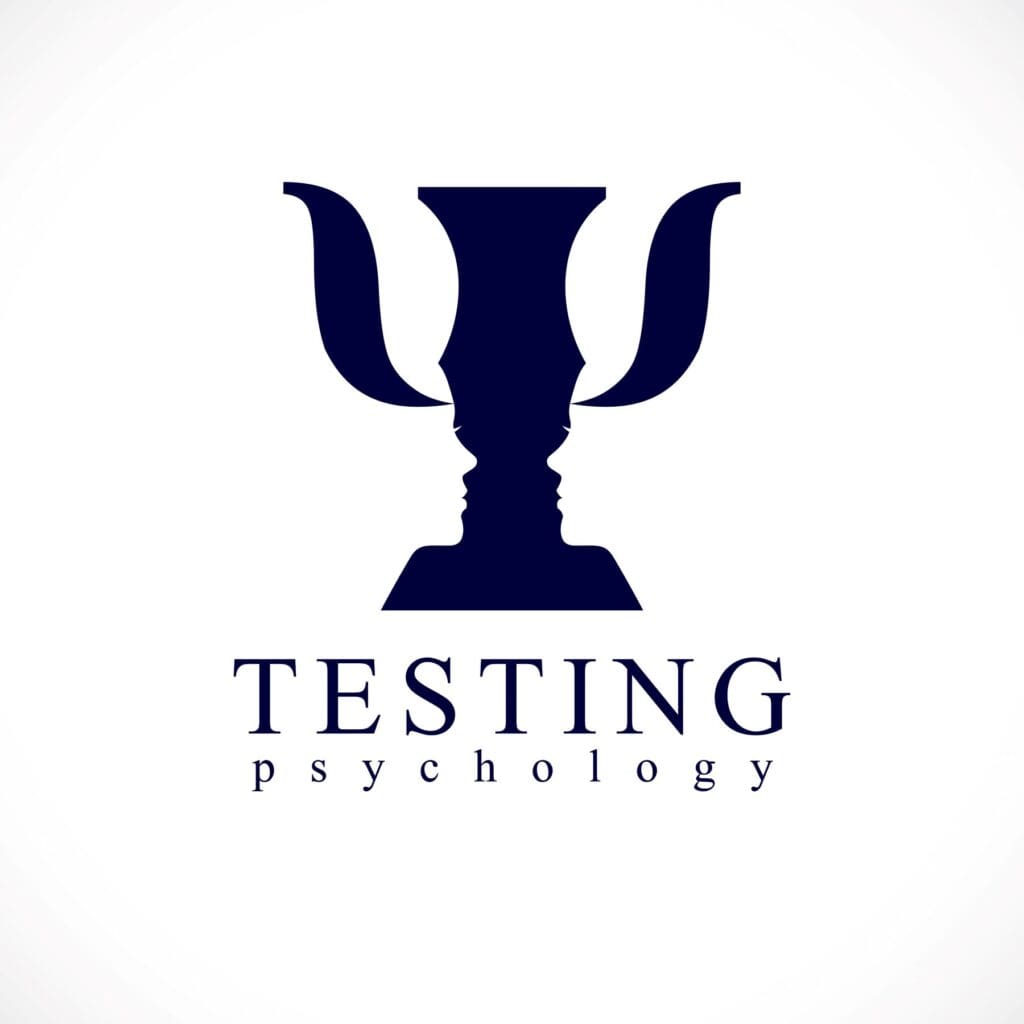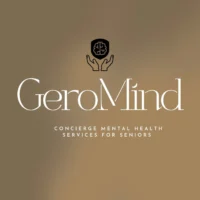Assessments for Older Adults
Cognitive Assessments

Get The Answers You Need
Maintaining our cognitive health is just as crucial as our physical well-being as we age.
Cognitive assessments offer a valuable way to understand and manage our mental functions, especially when experiencing memory lapses or difficulty recalling recent events.
If you notice changes in your ability to perform daily tasks, such as managing finances, cooking, or navigating familiar places, a cognitive assessment can help identify the underlying causes.
Diagnosing conditions like mild cognitive impairment (MCI), Alzheimer’s disease, or other types of dementia early on can significantly improve your quality of life through timely intervention and management.
These assessments are also essential for ensuring that you can make informed decisions regarding your healthcare, finances, and legal matters and can help differentiate between cognitive impairment and symptoms of depression or anxiety, which are common in older adults.
Why Early Detection and Diagnosis is Important
Understanding what is going on can be a relief for the older adult and the family and can provide time to plan for future care.
It may allow preventive steps for brain health that could delay some symptoms.
Individuals with a cognitive impairment due to a treatable condition (not due to Alzheimer’s) can receive appropriate treatments.
Upon diagnosis, those with the disease can discuss treatments to slow progression with their physician.
Research is demonstrating that the damage to the brain that results from Alzheimer’s disease may begin much earlier than previously thought—as much as a decade or more before symptoms appear. And it is likely that treatment will be most effective at the earlier, pre-symptomatic stage.
Unlock The Power of Understanding Your Cognitive Health With Our Simple 3-Step Process:
Begin your journey with a personal consultation. Schedule your initial evaluation with Dr. Estupinian to take the first decisive step toward cognitive clarity and understanding.
Receive a customized assessment plan. During your consultation, Dr. Estupinian will determine the specific assessments that address your unique needs and schedule your tailored evaluation at a convenient time.
Experience a stress-free assessment. Simply arrive for your scheduled session and relax, knowing you’re in expert hands throughout the entire evaluation process.
Gain Clear Understanding Of Your Results
After your assessment, Dr. Estupinian will schedule a dedicated review session to provide you with valuable insights and personalized recommendations for enhancing your cognitive well-being.
Physician-Referred Evaluations: Seamless Collaboration for Your Care
If your doctor has recommended a cognitive evaluation, we’ve got you covered. Our process is designed to work in harmony with your existing medical care:
With your consent, our office will work directly with your physician, ensuring their concerns are fully addressed in your assessment plan.
Dr. Estupinian will carefully select and conduct assessments that incorporate your doctor’s input, providing a comprehensive evaluation tailored to your specific needs.
After your assessment, you’ll receive a thorough review of your results. We’ll also send a detailed report to your physician, keeping them informed of your cognitive health status.
As part of our commitment to collaborative care, Dr. Estupinian remains available to your physician for any follow-up questions, ensuring continuity in your healthcare journey.
Experience the benefits of our integrated approach – where your cognitive assessment seamlessly complements your overall healthcare plan. Schedule your evaluation today and take a proactive step towards optimized cognitive health.
Our Assessments
Assessments Specifically Tailored to Your Needs
Learn About The Various Neuropsychological Assessments
Brain Imaging Verses Neuropsychological Assessments
Neuropsychological assessments complement brain imaging by capturing how individuals actually function in real-life cognitive, emotional, and behavioral domains—something that imaging alone cannot fully capture.
While techniques like MRI or PET can show structural or metabolic changes in the brain, they do not tell the whole story about how those changes affect thinking, memory, language, or executive functioning. Neuropsychological tests go beyond pictures of the brain to measure performance on a range of standardized tasks, mapping specific strengths and weaknesses in cognitive functioning. These assessments help:
Identify subtle deficits: Even when scans look “normal,” people can still experience cognitive or emotional difficulties that only become clear through targeted testing.
Guide treatment and rehabilitation: Identifying specific deficits (e.g., memory vs. language vs. attention) allows clinicians and rehabilitation specialists to design interventions tailored to a patient’s unique profile.
Track changes over time: Neuropsychological testing can detect improvements or declines in cognition, providing additional data for disease monitoring, treatment effectiveness, or rehabilitation progress.
Provide context and personalization: Each person’s brain and behavior profile is unique. Neuropsychological results offer insights into daily functioning, academic or work performance, and quality of life, allowing for targeted support and accommodations that imaging alone cannot guide.
In this way, neuropsychological assessments provide a functional “roadmap” to accompany the structural or metabolic information obtained from brain imaging, giving a more comprehensive understanding of a person’s cognitive health.
Answers and Explanations
Prompt Personalized Service and Support
Most Appointments can be scheduled within a few days from your call.
After an assessment is completed, Dr. Ginny Estupinian PhD will provide you with a written report and schedule a time to review the results.
Then, with your permission, she will provide a copy of the report to your geriatric physician.
In-Home testing
Dr. Estupinian is available to make house calls to perform many of these assessments. Please call our office for special pricing and details.
Family Session
Clients can always have their family present when Dr. Estupinian reviews the results, given that the client grants permission and wants them to participate.

